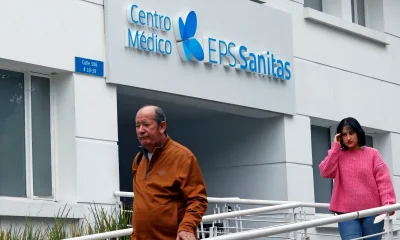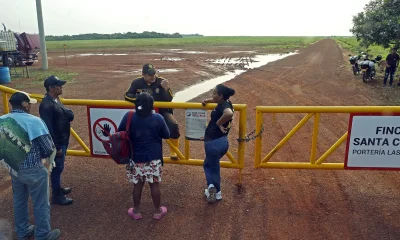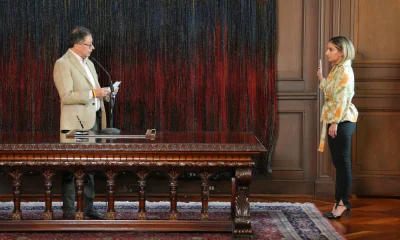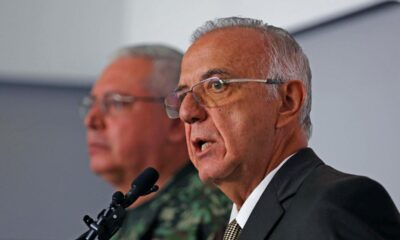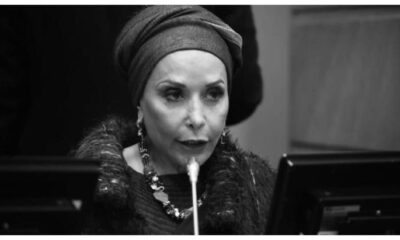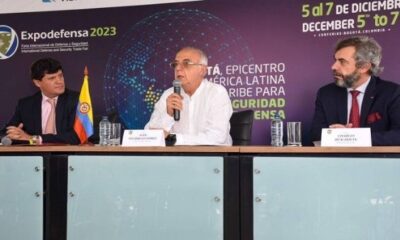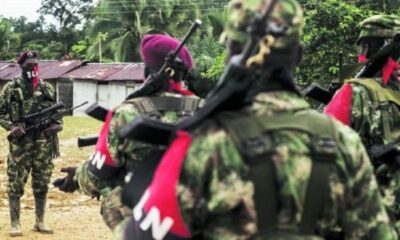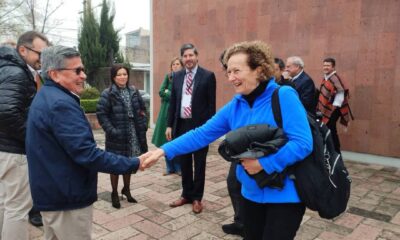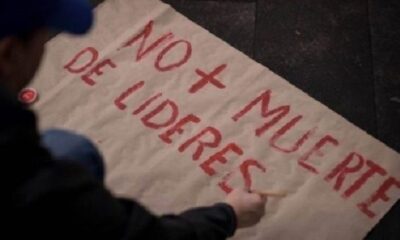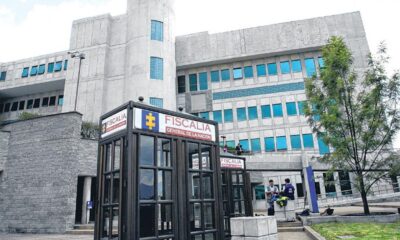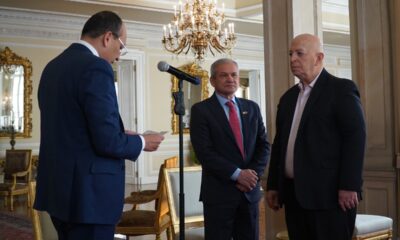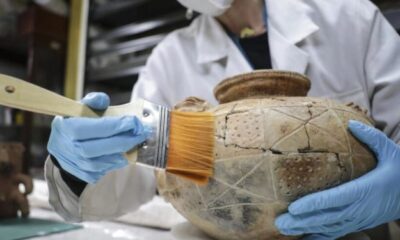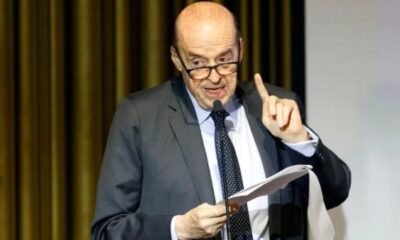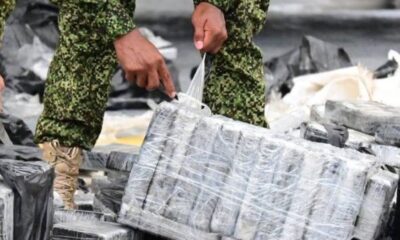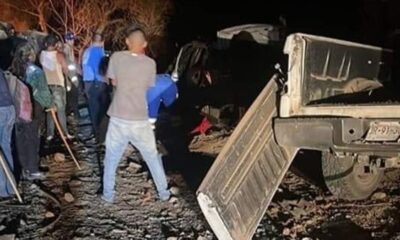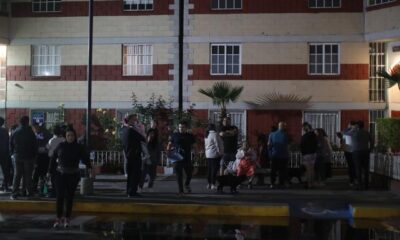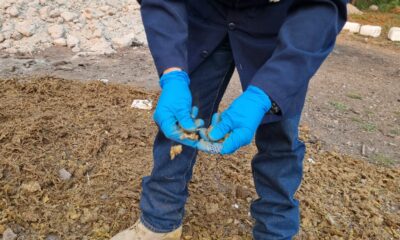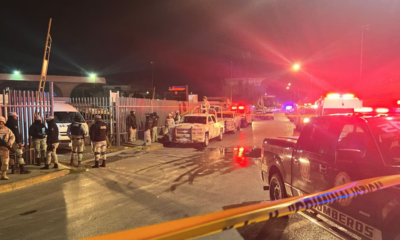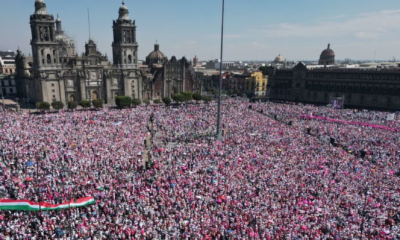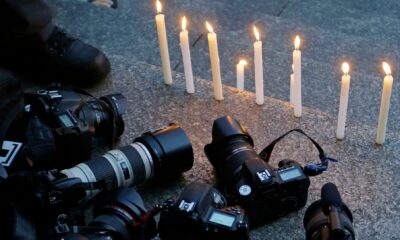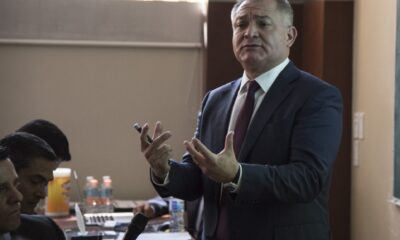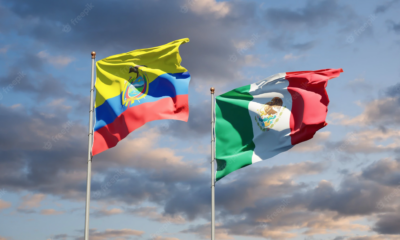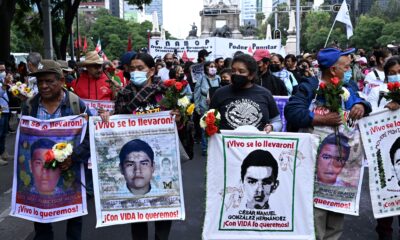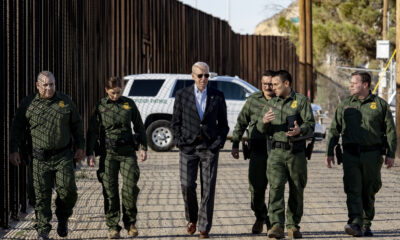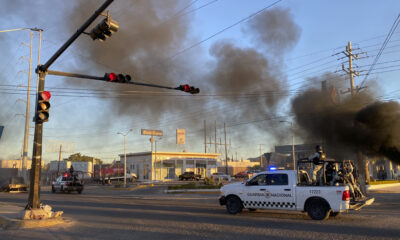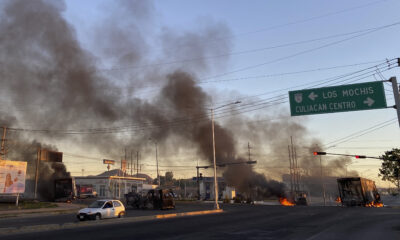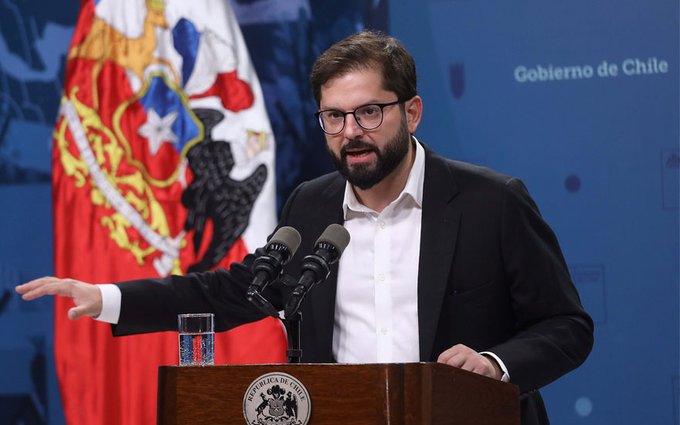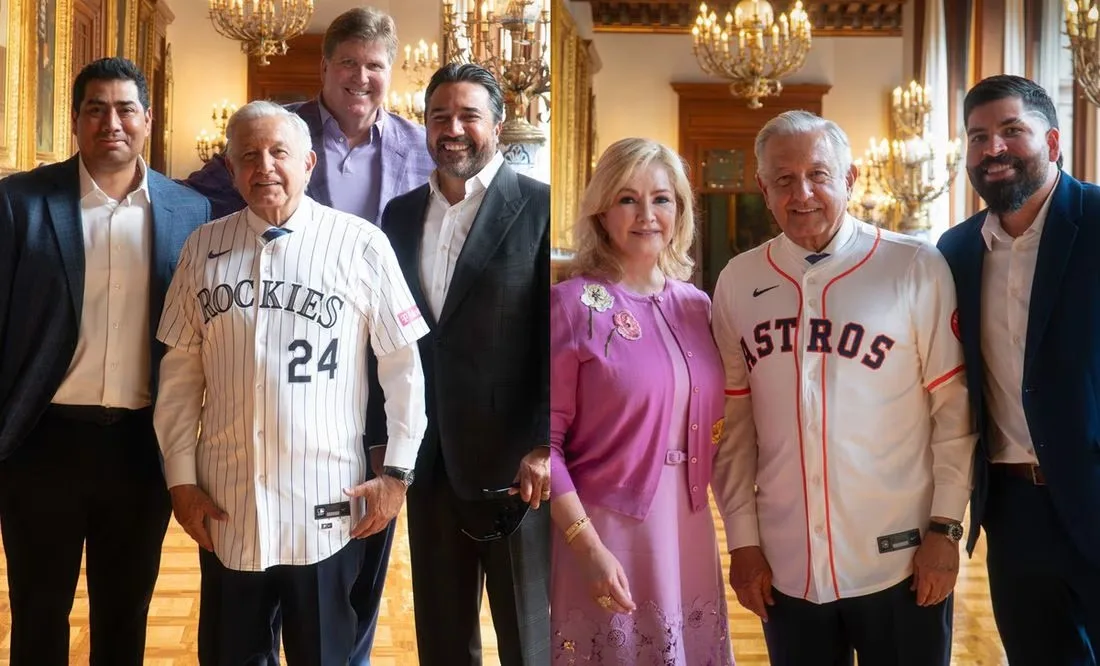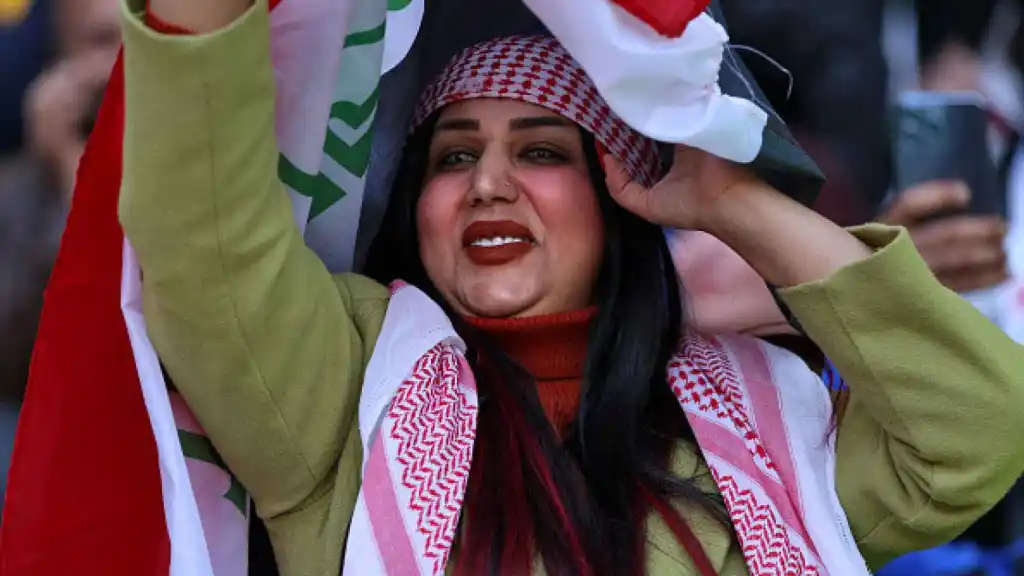International
Mexican cartels: the hidden hand behind Colombia’s drug trade
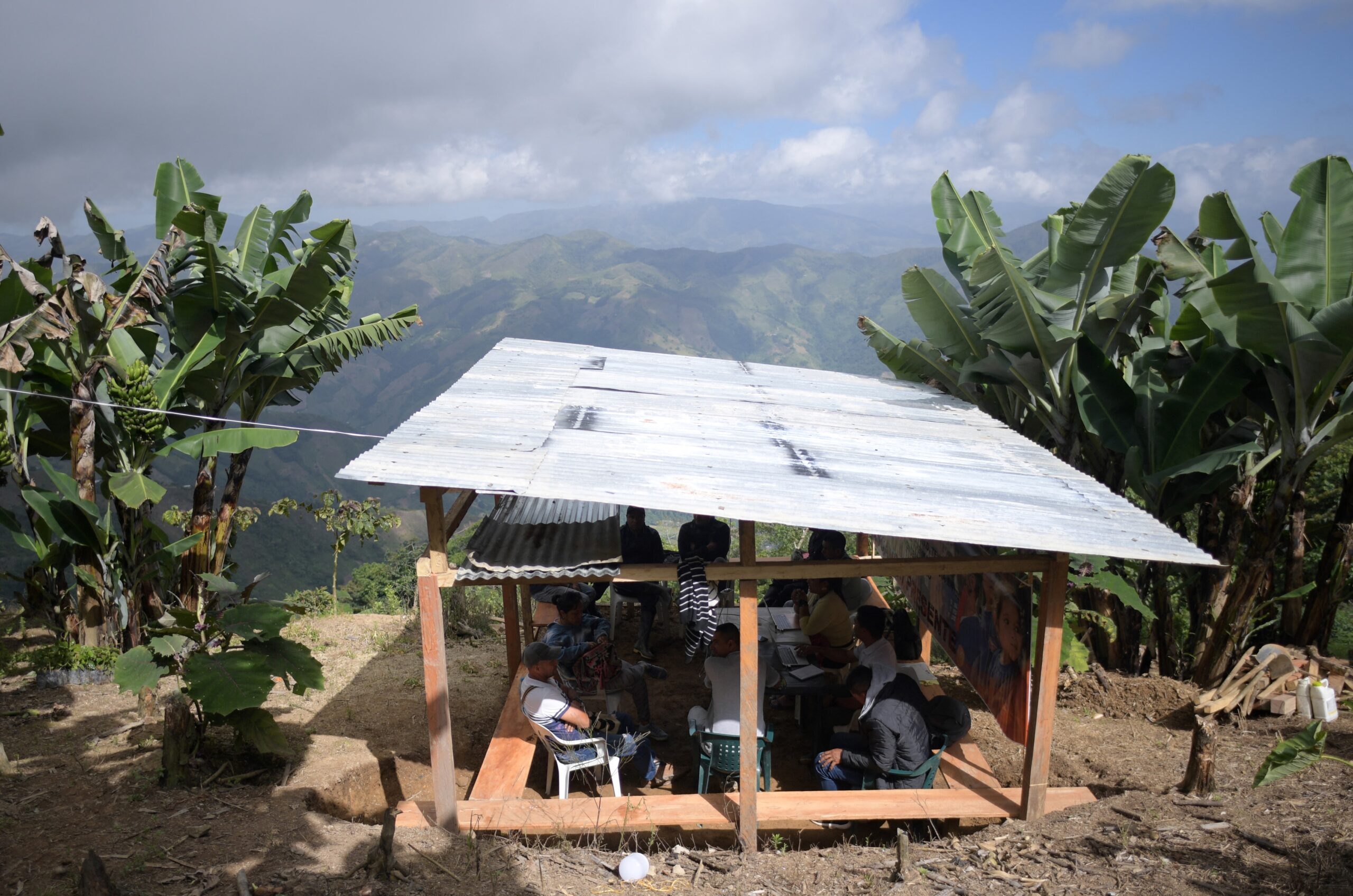
International
President Boric announces curfew following triple police homicide in Chile
International
President López Obrador meets with Astros and Rockies ahead of Mexico City Series
International
Social media star Om Fahad fatally shot in Baghdad
-
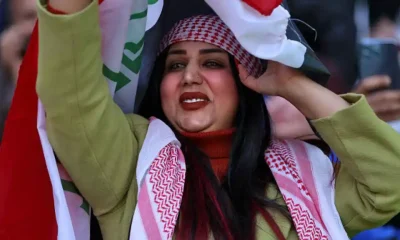
 International7 hours ago
International7 hours agoSocial media star Om Fahad fatally shot in Baghdad
-
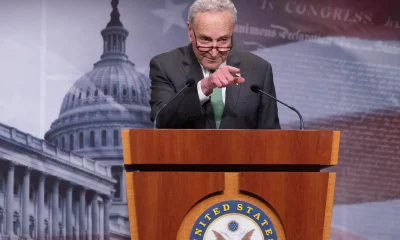
 International4 days ago
International4 days agoThe U.S. Senate approves a military aid package for Ukraine, Israel and Taiwan
-
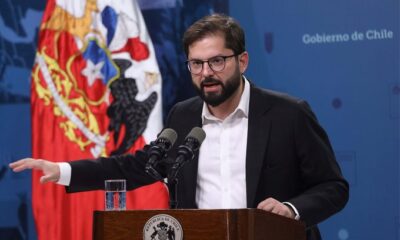
 International7 hours ago
International7 hours agoPresident Boric announces curfew following triple police homicide in Chile
-
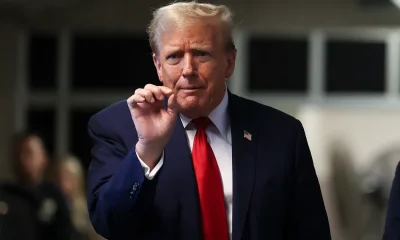
 International7 hours ago
International7 hours agoDonald Trump agrees to Joe Biden’s debate challenge, proposes White House Venue
-

 International4 days ago
International4 days agoA plane with two people on board crashes in Alaska
-
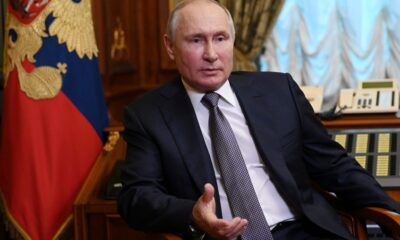
 International7 hours ago
International7 hours agoU.S. Intelligence reports Putin likely didn’t order Navalny’s killing
-
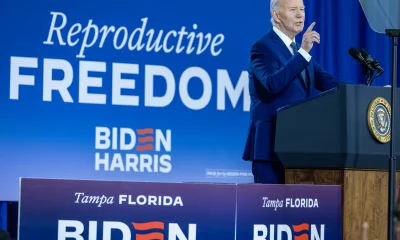
 International4 days ago
International4 days agoBiden believes that Florida voters will vote in favor of protecting access to abortion
-
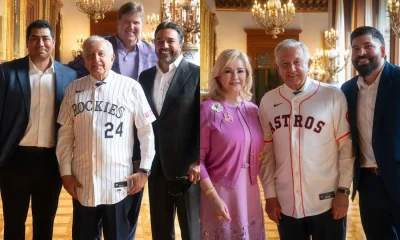
 International7 hours ago
International7 hours agoPresident López Obrador meets with Astros and Rockies ahead of Mexico City Series
-
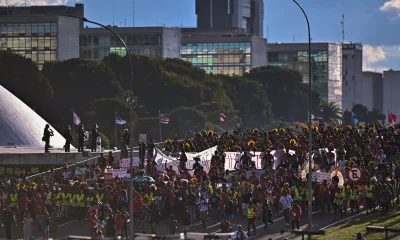
 Internacionales2 days ago
Internacionales2 days agoThe indigenous people demand from Lula more speed for the demarcation of their lands
-

 International4 days ago
International4 days agoA U.S. media manager says he favored Trump to help him in his 2016 campaign
-
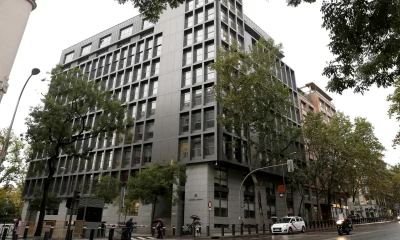
 International4 days ago
International4 days agoThe Court urges the judge to continue proceeding in the case of Obiang’s son
-
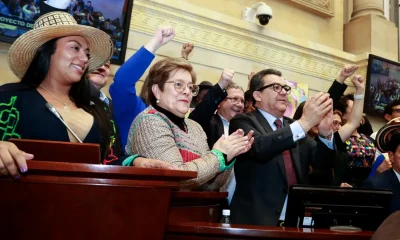
 International4 days ago
International4 days agoThe Colombian Senate approves the pension reform of the Petro Government
-
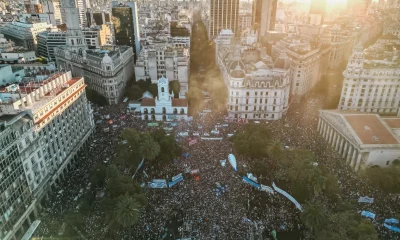
 International4 days ago
International4 days agoArgentine society defends its sensitive fiber before the Government: public education
-
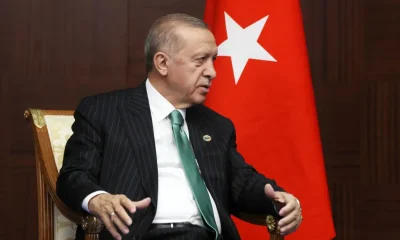
 International2 days ago
International2 days agoTurkey’s president calls Netanyahu the “butcher of Gaza”
-
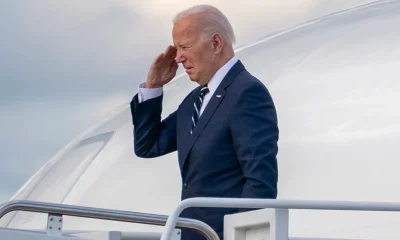
 International2 days ago
International2 days agoThe US sanctions 16 companies and 8 people linked to the Iranian drone program
-
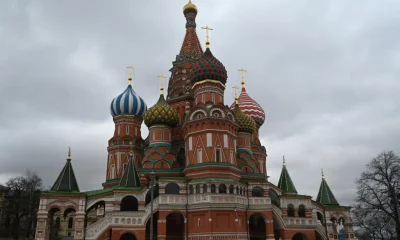
 International2 days ago
International2 days agoRussia prepared a strategy to support the German far-right, according to Der Spiegel
-
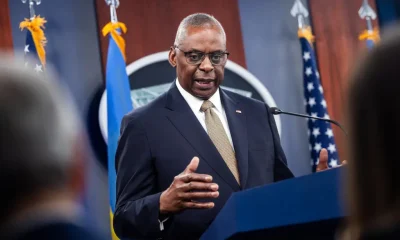
 International2 days ago
International2 days agoThe US unblocks $6 billion in aid to Ukraine for Patriot missiles and drones
-
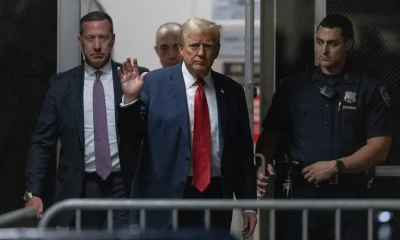
 International2 days ago
International2 days agoKey witness involves Trump in efforts not to be harmed in the elections
-
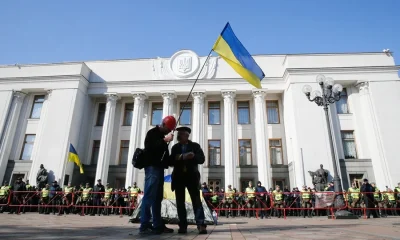
 International2 days ago
International2 days agoA court orders the arrest of the Ukrainian Minister of Agriculture accused of corruption
-
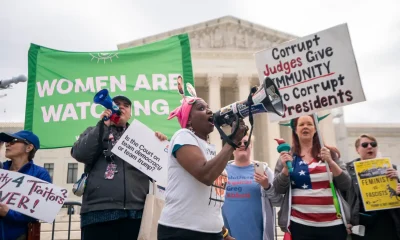
 International2 days ago
International2 days agoThe Supreme Court is skeptical of Trump’s immunity but could lengthen the litigation
-
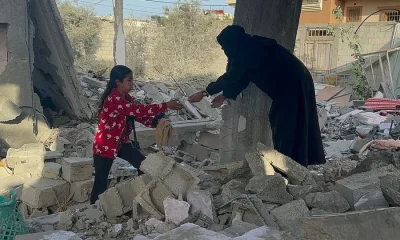
 International2 days ago
International2 days agoIsraeli bombings in the north and south of Gaza cause fifty deaths
-
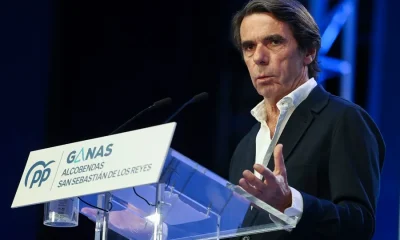
 International2 days ago
International2 days agoAznar and Quiroga defend Israel’s “peace” and “surness” in a world congress in Argentina
-
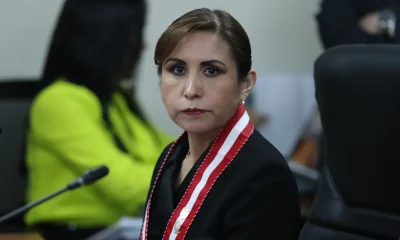
 International4 days ago
International4 days agoThe Prosecutor’s Office asks to prevent Peru’s departure from the suspended attorney general Patricia Benavides
-
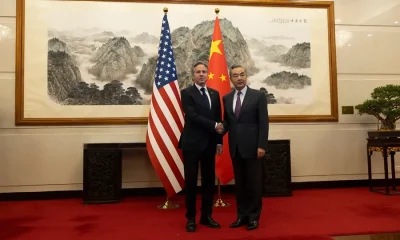
 International2 days ago
International2 days agoBlinken asks China not to “help” Russia with the supply of Defense components
-
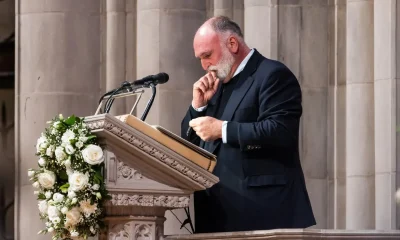
 International2 days ago
International2 days agoJosé Andrés demands from the pulpit an independent investigation of the Israeli attack
-
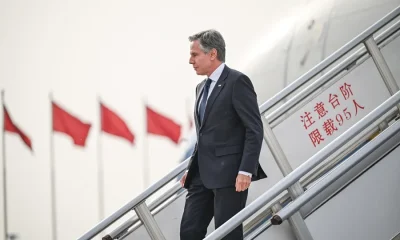
 International2 days ago
International2 days agoThe Chinese president tells the United States that he has to be “faithful” to his word to solve the “problems to be solved”
-
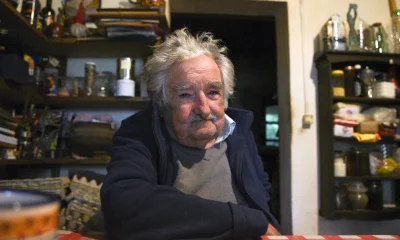
 International2 days ago
International2 days agoJosé Mujica maintains that Milei is “very impulsive” and does not doubt that Brazil “will be a power”
-
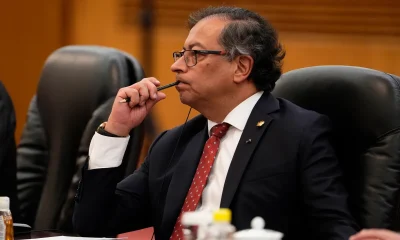
 International2 days ago
International2 days ago“War is war,” Petro tells the Central General Staff after the death of 15 dissidents
-
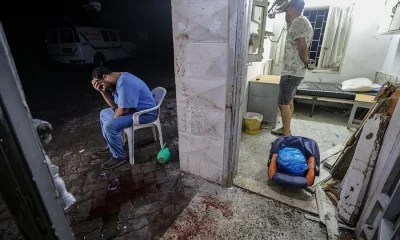
 International4 days ago
International4 days agoAmnesty International warns that the world is on the verge of the collapse of international law
-
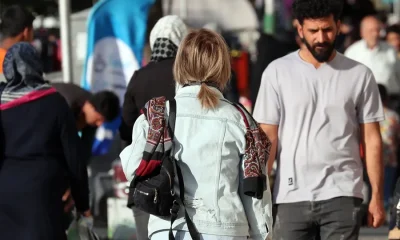
 International2 days ago
International2 days agoThe UN denounces widespread arrests of young Iranians in the new campaign to impose the veil
-
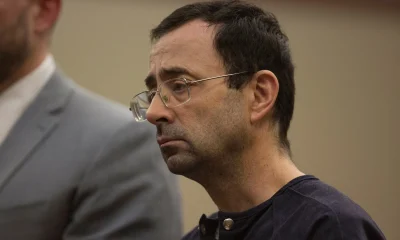
 International4 days ago
International4 days agoThe United States will compensate the victims of former doctor Larry Nassar with 138.7 million dollars
-
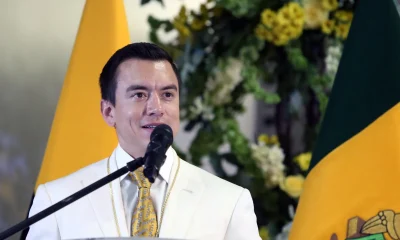
 International4 days ago
International4 days agoNoboa proclaims victory in the referendum and assures that Ecuador said “‘Yes’ to the future”
-
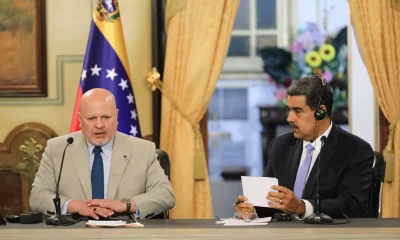
 International4 days ago
International4 days agoMaduro invites to return to the UN office for human rights, expelled from Venezuela in February























